Although taking a high concentration Omega-3 Fish Oil reduces the number of capsules you need to take as compared to a low concentration Fish Oil supplement, we do advise to take the latter for these reasons:
- Evidence-based. Studies have been conducted to compare the effects of taking Fish Oil supplements versus that of eating whole fish. It is found that people who consumed whole fish experienced a lowered LDL level while the Fish Oil supplement group had an increase. This indicates you want a supplement that's closest to the natural way of obtaining Omega-3s, and not highly processed, highly concentrated Omega-3s, stripped of all its natural components. While results from these studies don't directly extrapolate to the recommendation of simply taking a fish oil supplement that's less processed, it does shed light onto the significance of consuming Omega-3s from natural sources, the natural way.
- Low concentration Fish Oils that are not processed to strip away its natural components contain antioxidants that preserve Omega-3s. Overtime, these fatty acids oxidize and even more so when Fish Oil is highly concentrated. This leads to a rancid product that will definitely do more harm than good. Fish Oils that smell fishy are an indication for you to stay away from.
- Highly concentrated Fish Oils costs a lot more, and there's no reason to pay extra.
Of course, even between low concentration Fish Oils, there will be huge differences. From the time between the fish are caught to being processed, there will be a significant difference in Omega-3 loss in Fish Oil. This leads to oxidized, rancid Fish Oil. To address this, make sure to look for cGMP manufacturers as well as those that are 3rd Party Tested. Moreover, be sure to look for the natural triglyceride form and not the ester form of Fish Oil as these are not utilized well in the body.

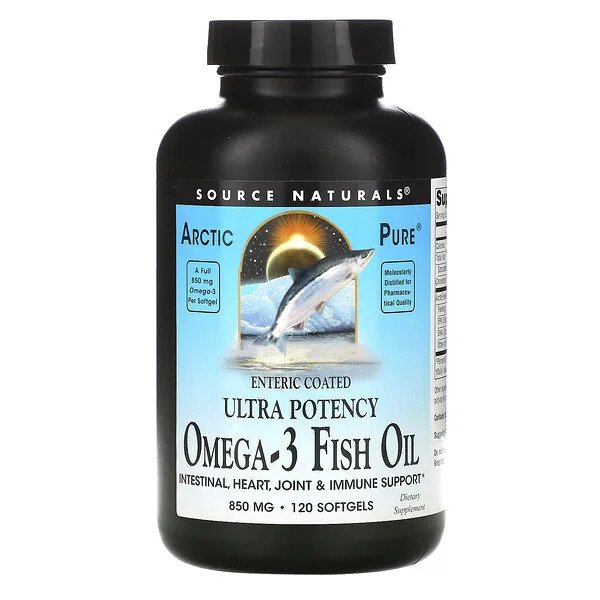
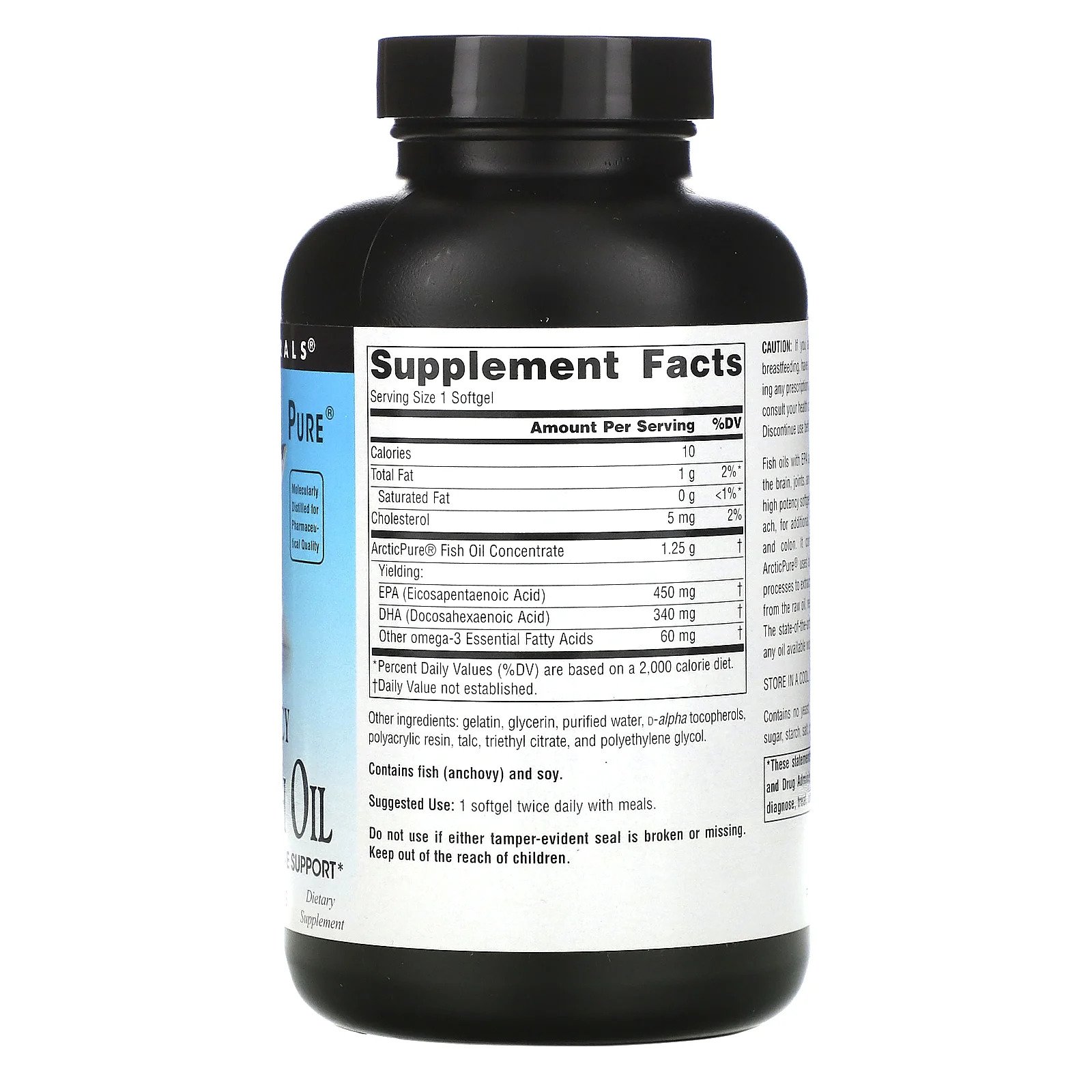

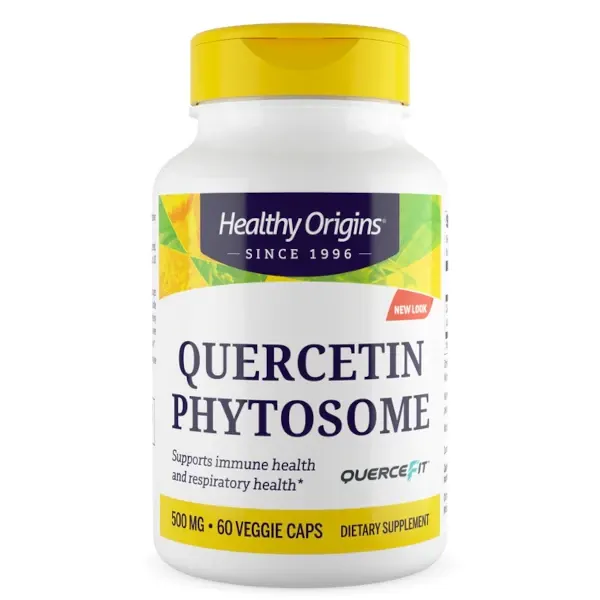
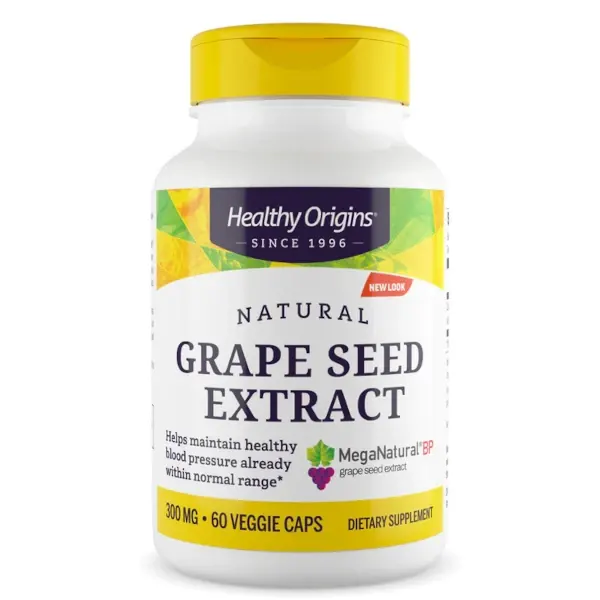
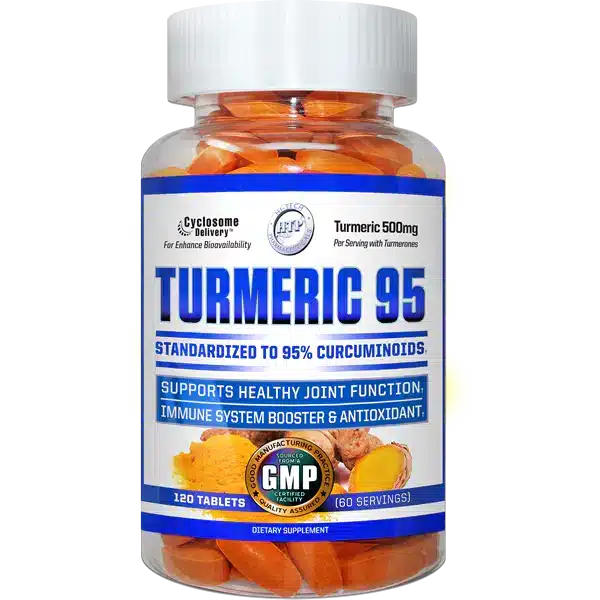
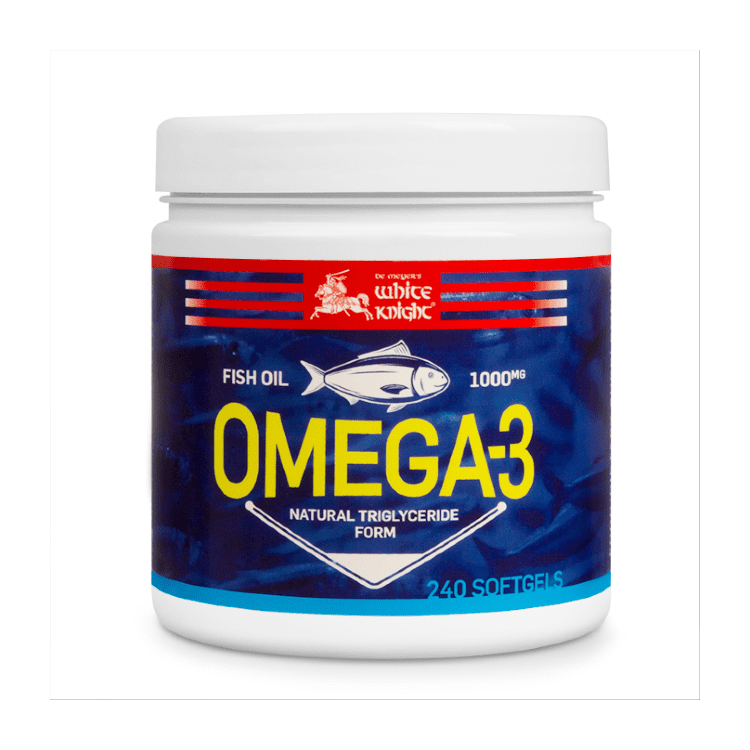
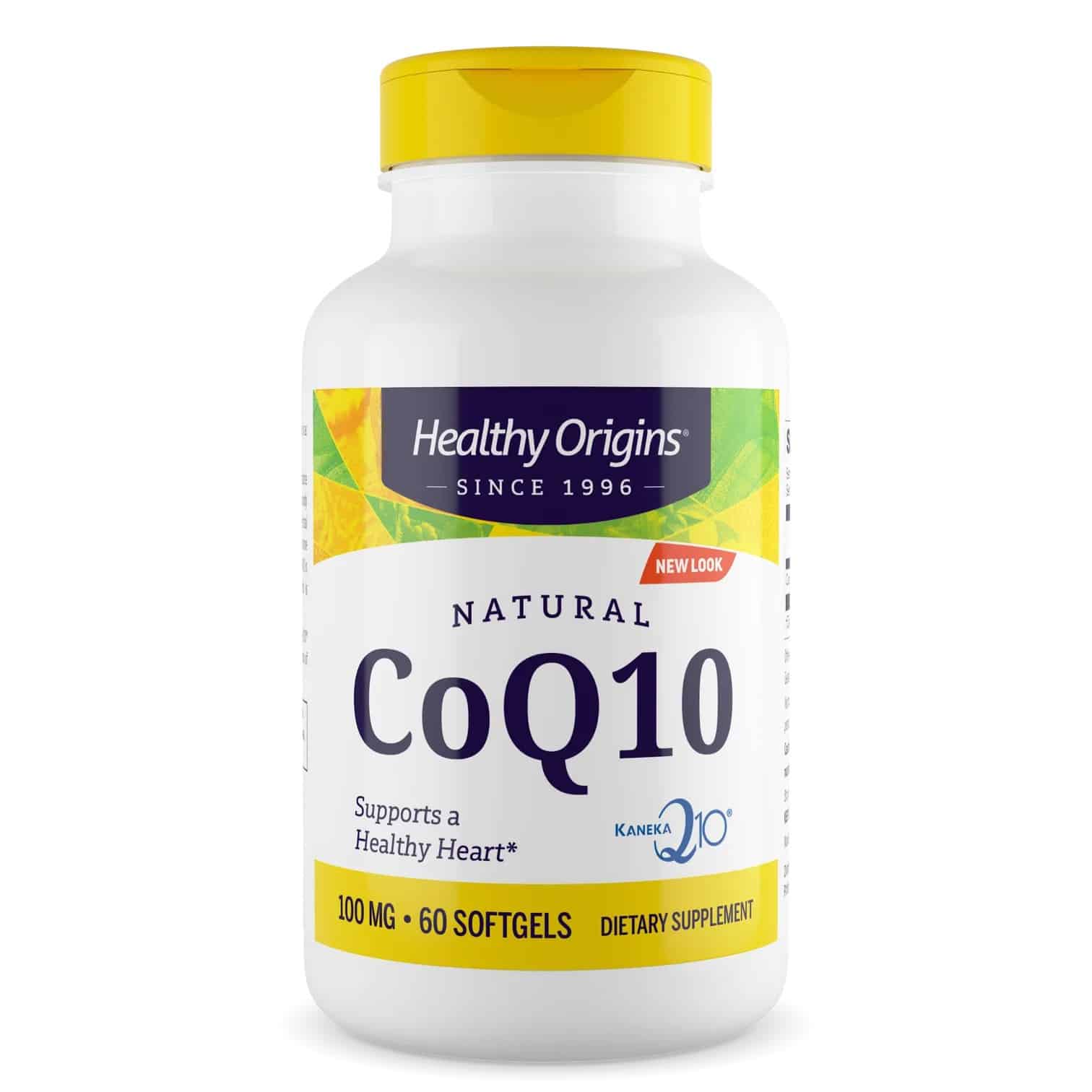
Reviews
There are no reviews yet